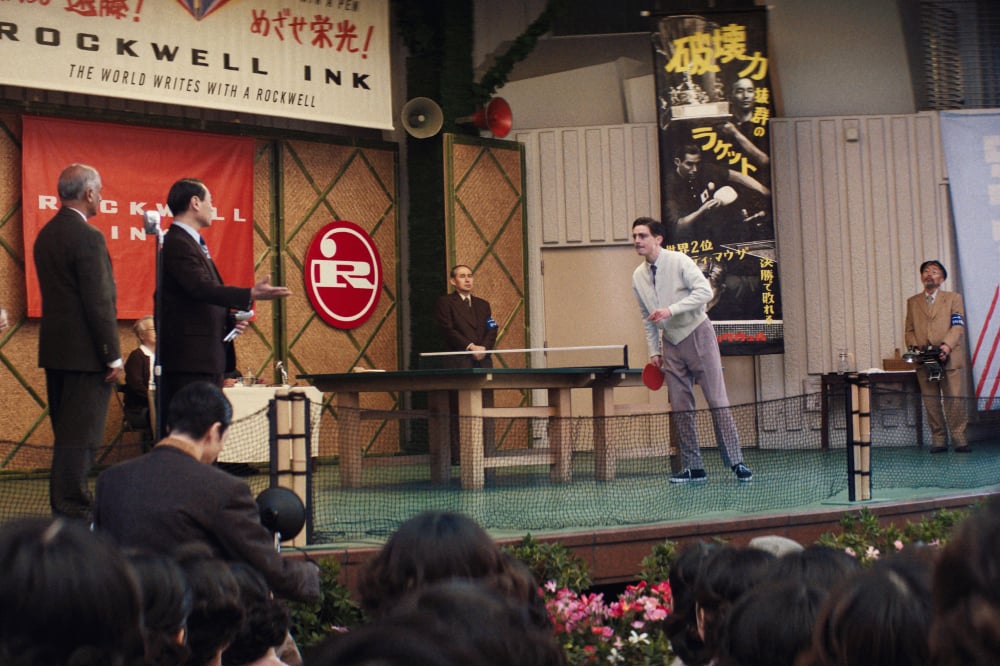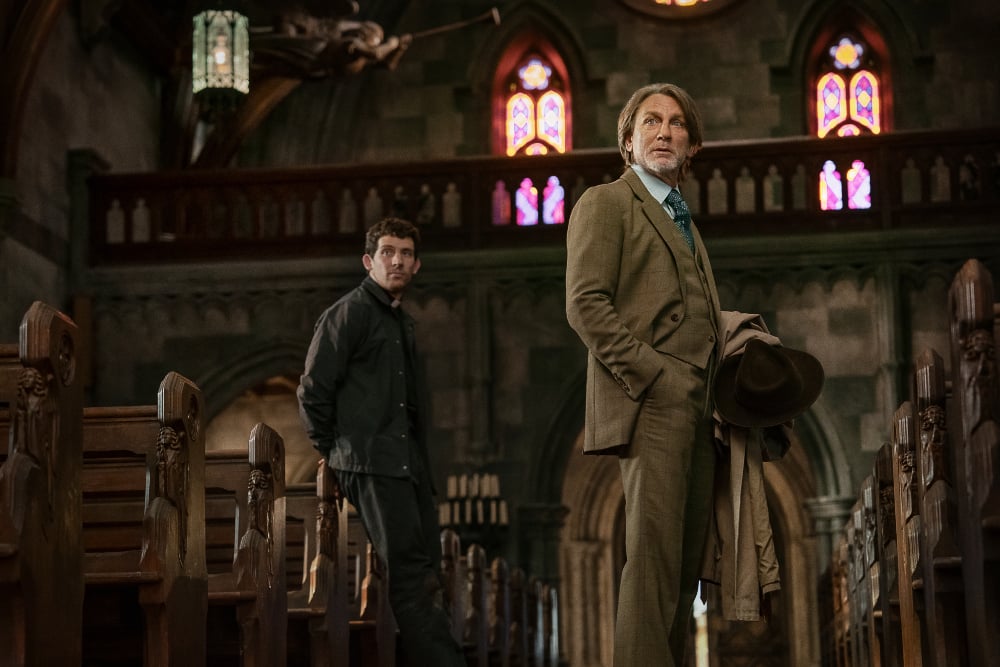Movie Review: Poor Things
This riff on “Frankenstein” from director Yorgos Lanthimos isn’t merely a fresh and exciting take on an old story — it’s the best film of the year.
For decades, a line was removed from James Whale’s 1931 film “Frankenstein.” Upon the monster’s reanimation, Victor Frankenstein exclaims, “Now I know what it feels like to be God.” Those words were seen as too blasphemous in the early 20th century and edited out of television and early home-video editions of the film.
In “Poor Things,” Yorgos Lanthimos’ latest riff on the Frankenstein story, the creation simply addresses her maker, directly, as God. (It’s short for Godfrey, but the point shines through.)
Yet this particular experiment — named Bella Baxter (Emma Stone), and made of an infant brain in the body of a grown woman — holds nothing sacred, exploring the world with no gods, no masters and a loyalty only to her own desires. In that way, Bella is quite similar to the classic Frankenstein’s monster: She knows who made her but does not feel she owes any debt in exchange for her existence.
Unlike Boris Karloff’s brute, though, she’s disinclined to rampaging. She’s more interested in … well, suffice to say that this is a very grown-up fairy tale.
Bella is sewn together by Godfrey Baxter (Willem Dafoe), a curiously down-to-earth mad scientist with a dashing (if somewhat bewildered) assistant, Max (Ramy Youssef). He’s blended bulldogs and mallards and combined other small critters, but Bella is his grand experiment. He hopes she’ll marry Max and remain under his care — and study — but when a suave lawyer (Mark Ruffalo) puts visions of travel and romance in her head, she plainly informs her creator that she’ll be leaving for a while.
Her adventure is often funny, occasionally heartbreaking and more than a bit absurd. It’s also effortlessly compelling; in part due to a career-best performance by Stone and in part due to Tony McNamara’s determined script, “Poor Things” flies by, even with a 141-minute runtime.
Lanthimos, who reunites with Stone after the Oscar-winning “The Favourite,” has stretched his style and leaned toward magic realism before, but never so vividly as he does here. “Poor Things” is Wes Anderson by way of Edward Gorey, a Victorian-gothic fantasy refracted through a rainbow; it is so visually arresting that it takes shocking and sometimes distressing action to remind us that a complex and challenging story is at hand.
If the source material is “Frankenstein” — along with a 1992 novel by Alasdair Gray — the destination is fresh. “Poor Things” is a story of exploration and defiant joie de vivre as a rejection of the circumstances and constrictions of the world; it is an experiment not in playing God, but rather in laissez-faire morality.
It’s also absolutely irresistible.
My Rating: 10/10
“Poor Things” is now playing in cinemas.















